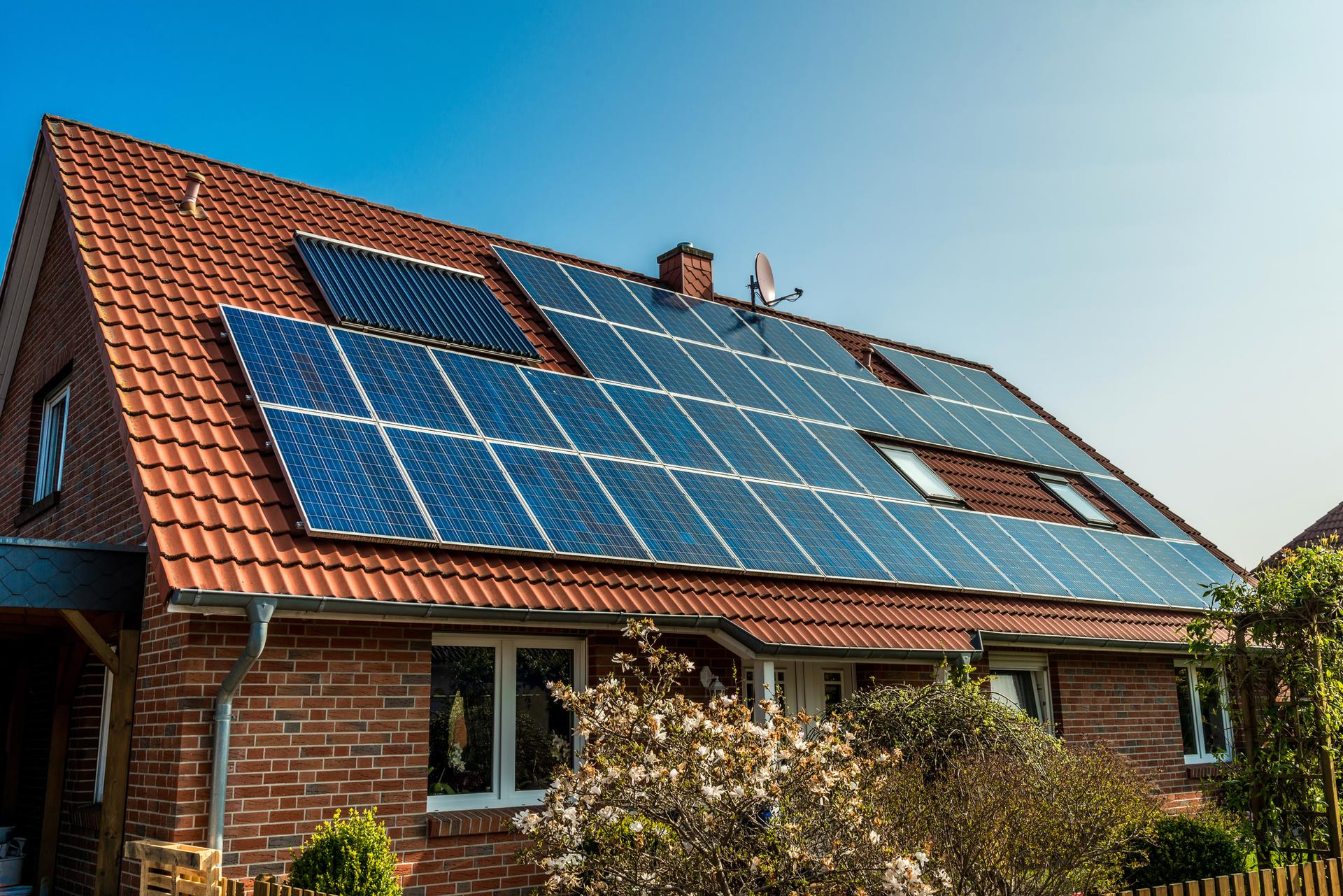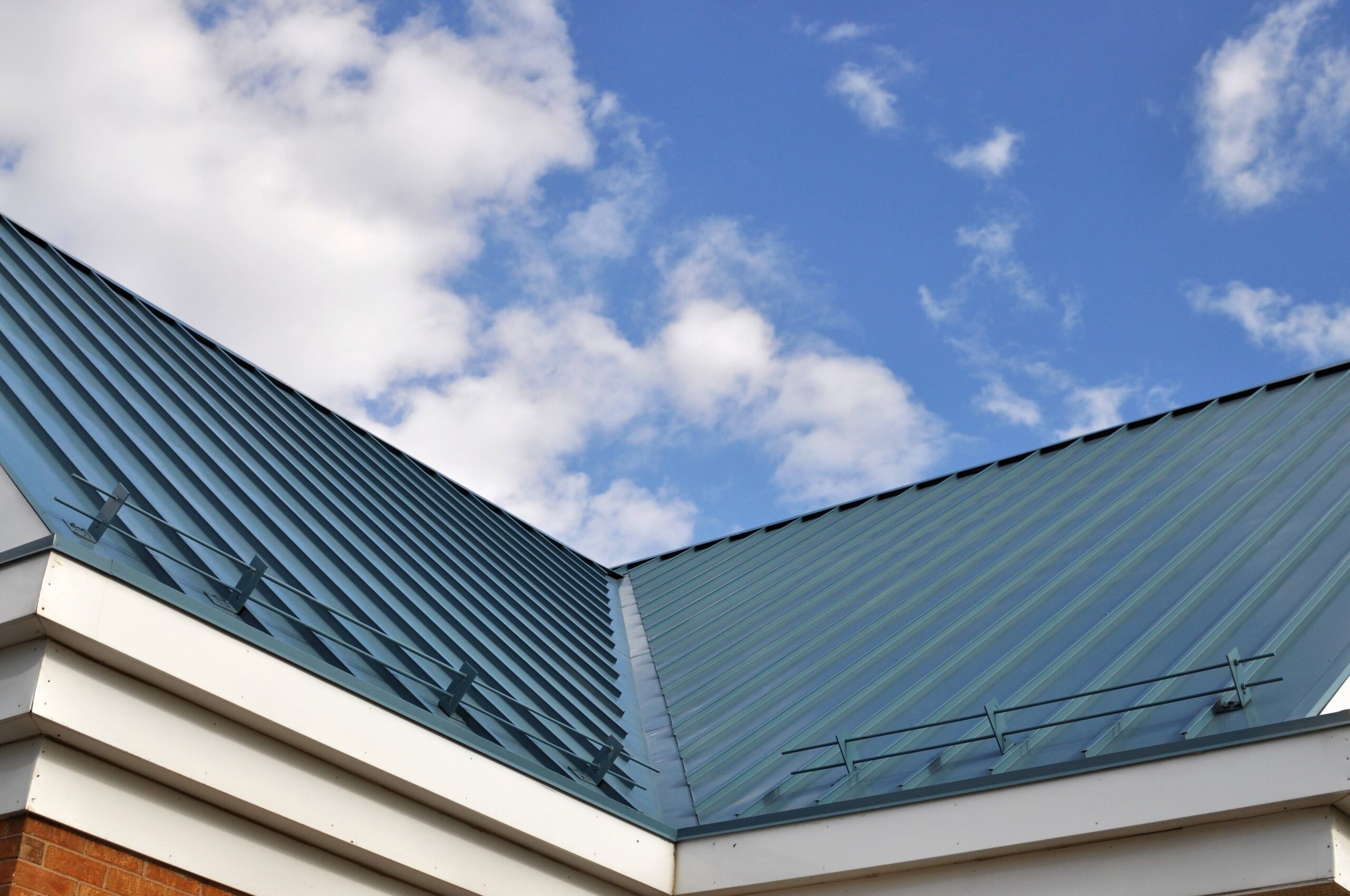When you’re replacing your roof, you have a lot of materials to choose from. One of these roofing materials, slate, is a material that isn’t widely popular just yet. This is because not a lot of contractors nowadays have experience with the material, making it vital for homeowners to learn more about slate roofing installations just to avoid ending up with inferior workmanship.
In this post, residential and Commercial Roofing pros from Billings Roofing & Solar discuss the five important things you should know about slate roofing installations.

1. Where The Slate Comes From – When you want to know where your slate roof came from, you’ll have to go further back than the manufacturers. Instead, you’ll have to know the name and location of the quarry where it came from. This is because some quarries vary in reputation and warranties, with some being better than others. As much as possible look for slate that is warranted to last 75 to 100 years.
2. What The Contract Should Include – Slate roofing is a significant investment and also a risky one considering not a lot of contractors know much about it. To avoid any problems for both the contractor and customer, everything about the roof should be spelled out in detail and on paper. At the very least, always ask for a five-page slate roofing contract or ask them to include a clause that ensures they will build your roof according to the specifications of the Slate Roofing Contractors Association’s guidelines.
3. Proper Equipment and Technique – As much as possible, the roofers should choreograph the project to prevent the workers from walking on the slate too much. To achieve this, roofing companies should use roof brackets that the roofers can use to work from. Slate cutters, hammers, hooks and rippers should also be used to prevent damaging the slate during installation.
4. Underlayment – If you’re having slate roofs installed, the appropriate underlayment that you should make your contractors use is the traditional 30-pound organic roofing felt. This is because, as opposed to ice and water guards, organic roofing felt won’t harm your roof and will disintegrate after a few years with no problem whatsoever.
5. Nails – There are a few things you should know about the nails used on your slate roof. For instance, they should always be made of copper, stainless steel or hot dipped galvanized steel in order to last as long as the slate roof. Electro-galvanized nails should be avoided since they rust after a few years. The correct length, meanwhile, should be double the thickness of the slate to prevent them from punching through the other side of the roof sheathing boards.
Make your search for Storm Damage repair pros easier by turning to Billings Roofing & Solar. We are the area’s leading provider of commercial and residential roofing services. Give us a call at (918) 936-3703 or fill out our Contact Form for a free estimate. We serve homeowners in Tulsa, OK, and other nearby areas.


